Self-Determination Theory: A Family Perspective
The theory of self-determination is an evidence-based theory that has been shifted from a conceptual perspective to practical implementation for the past four decades. The theory is grounded within positive psychology and has the basic assumption that every human being has the motivation and potential to be psychologically sound. In order to attain a state of psychological wellness, our basic psychological needs, which are the desire for autonomy, relatedness and competence, must be satisfied. If these needs are attained, people are therefore motivated to function optimally and at their fullest potential. In addition to satisfying basic human psychological needs, a supportive environment is required as well. In the case of this book, the family is presented in each chapter as the hypothetical environment for optimal functioning of the individual. The chapters highlight the role of family structure, family conflict, family involvement, adverse experiences within the family, parenting styles and practices. Self-Determination Theory: A Family Perspective includes reviews and primary research studies from authors in South Africa, Portugal, Belgium and Nigeria.Target Audience:This book is aimed at parents, researchers, policy and programme specialist, theorists, psychologists, social workers, academics and health professionals.
{{comment.content}}
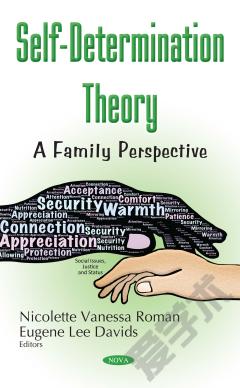
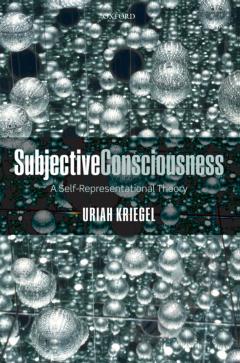

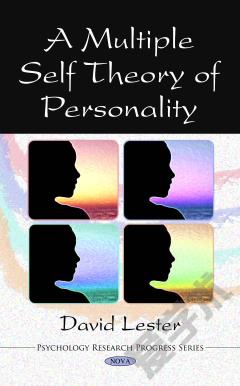
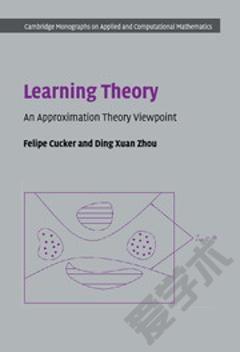

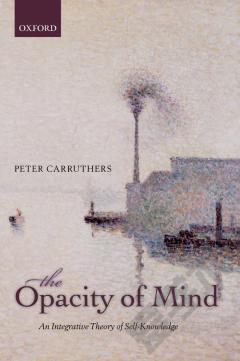

 京公网安备 11010802027623号
京公网安备 11010802027623号